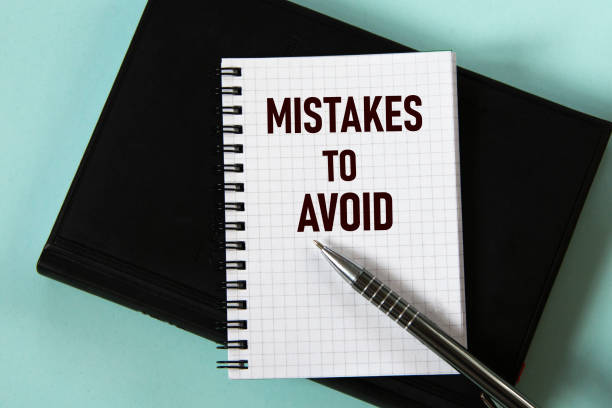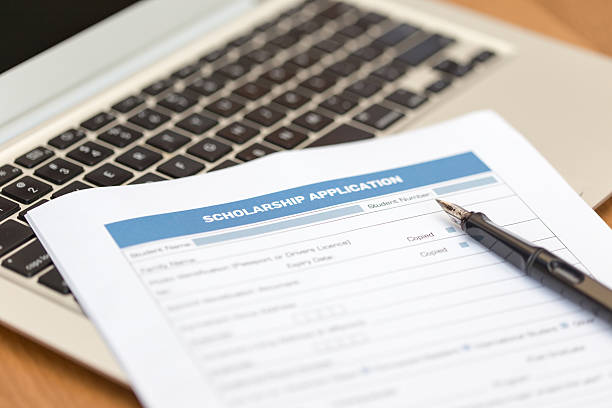What is a Statement of Purpose (SOP)?
A statement of purpose (SOP) is an essay written by a prospective student explaining his reason for pursuing a particular course or program in a university or college.
The statement of purpose, also called statement of intent, letter of intent, or application essay, is an important requirement for graduate school application. It plays a crucial role in the admission process as it explains the applicant’s aspirations, experiences, goals, and qualifications to the admission committee.
Your statement of purpose for graduate studies must convince the admissions committee that you are suitable for the program. The statement of purpose is your opportunity to sell yourself and showcase your unique qualities, skills, and experiences that make you stand out from other applicants and must contain all the information they need to prefer you over other applicants.
It is an excellent chance to demonstrate your motivation, interest, and commitment to the program and the field of study.
Components of a Winning Statement of Purpose
A statement of purpose for graduate studies should contain the following important information;
- Your reasons for pursuing that particular course or program
- Your reason for wanting to study in that school
- Why you prefer to study in that country
- A brief about your background
- Your academic history and achievements
- Relevant work experience you have
- Research projects you’ve worked on
- Published papers and other relevant accomplishments
- It should also explain how all these experiences have influenced your decision to pursue the program
- Your career goals and how the program will help you achieve them
- How your program of choice fits into your long-term plans and
- How it will help you develop the skills and knowledge necessary to succeed in your chosen career path
Tips to Make your Statement of Purpose Stand Out
Your statement of purpose for graduate studies must impress the admission committee at first glance. It should prove that you have researched the country of choice and the program and clearly understand its curriculum, resources, and faculty.
Another critical element of a statement of purpose for graduate studies is that it showcases your writing ability, communication skills, and creativity. It is important to write clearly and concisely, using proper grammar and punctuation.

A properly written statement of purpose can demonstrate your ability to think critically and articulate your thoughts effectively, which are essential skills in many academic and professional settings. As such, professors will be on the lookout for that.
When writing a statement of purpose for graduate studies, these tips will help you write one that stands out, impresses the admission committee, and give you a high chance of being considered for admission;
1. Know your audience
Ensure to research the school and program you are applying to correctly. Have an idea of the culture and activities of the school.
2. Highlight your relevant academic and professional experience.
The operational word here is relevant. The course or program you’re applying to study should be related to what you’ve studied or are currently engaged in. It should also explain how all these experiences have influenced your decision to pursue the program.
3. Show your passion for the field and program.
At this point, let them know how passionate you are about studying that course. Highlight your interest in the course and how you’ve anticipated studying that course.
4. Summarize what led you to choose that country, school, and program.
If someone you know, probably an alumnus of the school, inspired your interest to study there, ensure you mention it.

5. Be specific about your goals.
You should have a long-term goal before setting out for graduate studies. Explain this goal and how this program can help you achieve it.
6. Mention how you’ll contribute to the development of your nation.
There must be room to impact others and your nation with the knowledge and skills you’ll acquire. Explain how you’ll use the knowledge, skills, and experience you’ll gain to contribute to your field and nation.
Showcase your unique perspective and what makes you stand out.
7. Follow the guidelines and formatting requirements.
To ensure your statement of purpose is considered, it’s essential to strictly follow the program’s guidelines, ranging from word count to formatting details such as font size and spacing. Failure to adhere to these guidelines can result in your statement being overlooked. As a general rule in academic writing, use a 12-point Times New Roman or Verdana font, one-inch margins, and 1.5 line spacing.
8. Get feedback from others.
After writing, get feedback from others, especially those in your field. Let them give constructive criticism on what you’ve written.
9. Review, edit, and proofread thoroughly.
You might want a professional editor and proofreader to review your writing. This helps pay attention to details you have missed in writing and punctuation.
Common Mistakes to Avoid in your Statement of Purpose.
A statement of purpose is an official document. Write it carefully and proofread it thoroughly to avoid common mistakes that people make. Some of these mistakes are;
1. Writing informally.
You should write formally and not informally or casually. Do not use slang or abbreviations. Your statement of purpose should have an introduction that hooks the reader, a body that explains your qualifications and interests, and a conclusion that summarizes your main points.

2. Making it too short or too long.
The admission committee has a lot to attend to and must be as fast as possible with each applicant. However, when your statement is too short, you risk leaving out information that can improve your admission chances.
Also, if it is too long, you might include unnecessary information. The length of a statement of purpose for graduate studies depends on the specific requirements of the program or school. Some programs specify a word count or page limit, while others provide general guidelines. The general length for most statements of purpose is about 800-1000 words in one or two pages.
3. Wrong spellings and poor grammar.
Proofread your statement of purpose carefully to avoid spelling and grammar errors. These mistakes make you appear unprofessional and reduce your chances of being admitted.
4. Exaggerating your achievements.
Be realistic and honest about your achievements. Exaggerating your achievements makes you appear insincere.

5. Ignoring the application instructions.
Ensure you read and adhere to the instructions in the application carefully. Ignoring the instructions can hurt your chances of being admitted.
6. Using one statement of purpose for multiple applications.
Using the same statement of purpose for multiple applications may be tempting. However, it is not a good idea. Each program or school seeks specific qualities, qualifications, and skills in their applicants. Your statement of purpose should be tailored to each application.
7. Not seeking review from others.
You should consider asking a trusted professor, advisor, or mentor to review your statement of purpose. They will provide valuable feedback on your document’s content, structure, and tone. You can also seek a professional editor or proofreader to edit and give feedback.
Statement of Purpose vs Personal Statement vs Letter of Motivation: What’s the Difference?
Applying for undergraduate or graduate admissions and scholarships involves writing a statement of purpose, a personal statement, and a motivation letter. These vital documents serve as an introduction to the admission committee and can make or break your chances of being accepted.
Sometimes, it can be confusing to distinguish between them. However, a major distinction is intention. A statement of purpose explains what you want to do. A personal statement explains who you are, and a letter of motivation explains why you are applying for that program or scholarship. Let’s delve deeper into the concept of each of them.

Statement of Purpose
A statement of purpose is a written document that explains your goals, experiences, and qualifications concerning the opportunity you are applying for. The purpose is to provide the reader with a clear understanding of your goals, objectives, experiences, and qualifications and how they align with the opportunity you seek. When writing a statement of purpose for graduate studies, be clear, concise, and specific. The document should be tailored to the opportunity you seek and emphasize relevant experiences, skills, or accomplishments.
If you are applying for a graduate program in Economics, your statement of purpose should focus on your career goals and how the program will help you achieve them. Provide specific examples of your qualifications, such as your undergraduate degree in Economics, and any relevant experiences, like internships or research projects. Additionally, demonstrate how your past experiences have prepared you for the opportunity you are seeking and how your future goals align with the graduate program.

Personal Statement
A personal statement is a written document that highlights your personal, educational, and professional background and experiences. It gives the reader a clear sense of your identity, personality and background. When writing a personal statement, be honest, concise, and specific. The statement should be tailored to the opportunity you seek and emphasize relevant experiences, skills, or accomplishments.
Letter of Motivation
A letter of motivation is a written document explaining why you are interested in a scholarship or university program. A letter of motivation aims to convince the reader that you are the best candidate for the opportunity and possess the necessary skills, experience, and motivation to succeed. When writing a motivation letter, be enthusiastic, specific, and sincere. The letter should be tailored to the opportunity you seek and point out relevant experiences, skills, or accomplishments.
For scholarship applications, your letter of motivation should focus on why you are interested in the scholarship and how it will help you achieve your goals. Additionally, provide specific examples of your achievements, like good grades, volunteer work, or extracurricular activities. Furthermore, demonstrate how your past experiences have prepared you for the scholarship and how your future goals align with the scholarship.
Also read: Step-by-Step Guide to Starting Your Canada Permanent Residency Application
Canadian Immigration Routes: What programs can I apply for?
In conclusion, a statement of purpose is a critical document that can determine the success of your graduate school application. It presents an opportunity to showcase your qualifications, skills, experiences, and reasons for pursuing the program in that country. A well-written statement of purpose for graduate studies should explain your background, career goals, and how the program will help you achieve them. It must demonstrate your writing and communication skills and show the program’s relevance to your long-term career goals.

















[…] The process of applying for scholarships is prolonged and demands a significant amount of time. Prospective awardees are often obliged to draft essays, such as a statement of purpose, a personal statement, or a letter of motivation, and furnish supporting documents, such as transcripts and letters of recommendation, along with fulfilling other application requirements. Read about statement of purpose, personal statement and letter of motivation here. […]
[…] The process of applying for scholarships is prolonged and demands a significant amount of time. Prospective awardees are often obliged to draft essays, such as a statement of purpose, a personal statement, or a letter of motivation, and furnish supporting documents, such as transcripts and letters of recommendation, along with fulfilling other application requirements. Read about Tips for Writing a Winning Statement of Purpose here. […]
[…] post will show you the right structure for your statement of purpose as well as equip you with the tips for writing a winning statement of purpose that will leave a lasting impression. So buckle up, grab your favorite pen (or keyboard), and […]